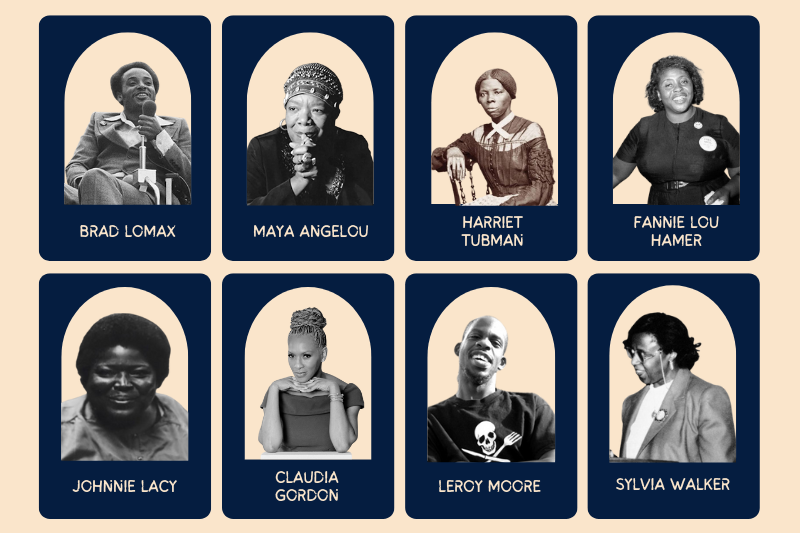At NNCIL, we’re dedicated to providing information and referrals to help people with disabilities live more independently. Learning Disability Week is an opportunity to highlight the experiences of those with learning disabilities and advocate for a more inclusive and supportive society.
Understanding Learning Disabilities
Learning disabilities are neurologically-based processing problems that can interfere with learning basic skills such as reading, writing, and math. They can also impact higher-level skills like organization, time planning, and abstract reasoning. It’s important to note that having a learning disability does not reflect on an individual’s intelligence or potential.
Common Types of Learning Disabilities
- Dyslexia: Affects reading and related language-based processing skills
- Dyscalculia: Impacts the ability to understand numbers and learn math facts
- Dysgraphia: Involves difficulty with handwriting, spelling, and organizing ideas in writing
- Auditory and Visual Processing Disorders: Involve difficulty in understanding spoken language or interpreting visual information
- Nonverbal Learning Disabilities: Affect social skills and spatial awareness, often associated with higher verbal skills
Challenges Faced by People with Learning Disabilities
- Educational Barriers: Traditional teaching methods may not effectively support students with learning disabilities, leading to frustration and academic struggles. Tailored educational plans and inclusive teaching strategies are essential.
- Employment Difficulties: People with learning disabilities may face challenges in finding and maintaining employment due to misconceptions about their abilities. Supportive work environments and accommodations can help bridge this gap.
- Social Stigma: Misunderstanding and stigma surrounding learning disabilities can lead to social isolation and low self-esteem. Promoting awareness and acceptance is crucial to combating these negative perceptions.
- Access to Resources: Navigating the systems to find appropriate support and resources can be overwhelming. Ensuring accessible information and guidance is vital for empowering individuals and their families.
Celebrating Strengths and Achievements
Learning Disability Week is not just about highlighting challenges; it’s also about celebrating the strengths, talents, and achievements of people with learning disabilities. These individuals bring diverse perspectives and unique skills to our communities, enriching them in countless ways.
How We Can Be Supportive
- Inclusive Education: Advocate for and support inclusive education practices that accommodate diverse learning styles. This includes individualized education plans (IEPs), use of assistive technologies, and teacher training programs.
- Employment Opportunities: Promote inclusive hiring practices and workplace accommodations. Employers should be educated on the benefits of a diverse workforce and the potential of individuals with learning disabilities.
- Awareness Campaigns: Participate in and support campaigns that raise awareness about learning disabilities. Share stories of people who thrive despite their challenges to inspire and educate others.
- Resource Accessibility: Ensure that information about available resources is accessible to all. This includes easy-to-understand guides, support hotlines, and community centers offering assistance.
- Community Support: Foster a supportive community environment where individuals with learning disabilities feel valued and included. Peer support groups, mentorship programs, and inclusive social activities can make a significant difference.
Moving Forward Together
Let’s use this week to educate ourselves and others, to advocate for positive change, and to celebrate the achievements of those with learning disabilities. Together, we can build a more inclusive world where everyone has the opportunity to succeed and live independently.For more resources and support, please contact us at Info@NNCIL.org or 775-353-3599.



